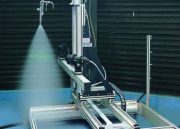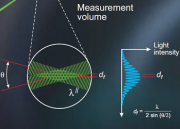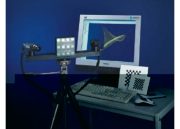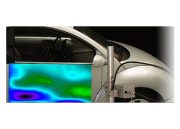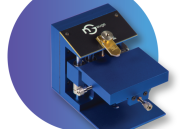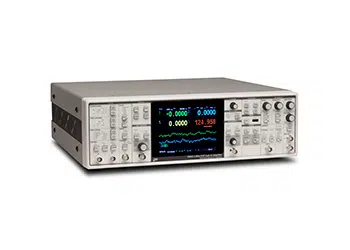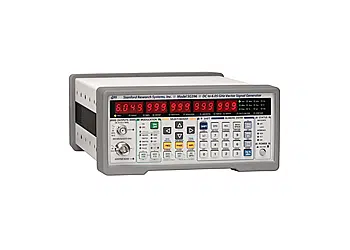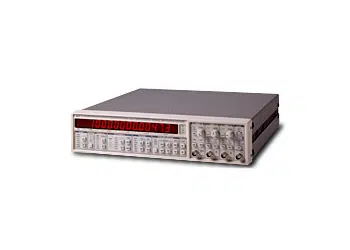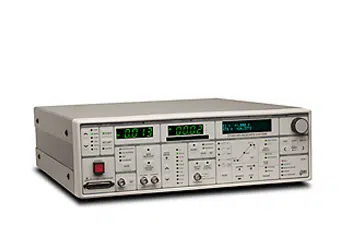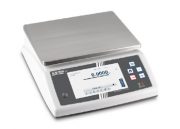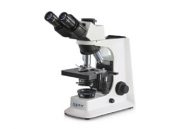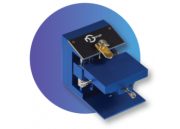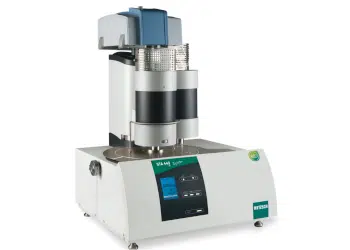STA 449 F3 Jupiter®
STA 449 F3 Jupiter®
The easy-to-use and cost-effective thermo-microbalance
The thermo-microbalance, TG 209 F3 Tarsus®, represents a cost-effective overall concept, tailored not only to the quality assurance of polymers, but also to routine applications in the fields of organic, chemistry, pharmaceuticals, cosmetics and food.
Fascinating flexibility in thermal analysis:
Simultaneous Thermal Analysis (STA) generally refers to the simultaneous application of Thermogravimetry (TGA) and Differential Scanning Calorimetry (DSC) to one and the same sample in a single instrument. The advantages are obvious: The test conditions are perfectly identical for the TGA and DSC signals (same atmosphere, gas flow rate, vapor pressure on the sample, heating rate, thermal contact to the sample crucible and sensor, radiation effect, etc.). Furthermore, sample throughput is improved as more information can be gathered from each test run.
STA 449 F3 Jupiter® supports with:
- Melting/crystallization behaviour
- Solid-solid transitions
- Polymorphism
- Degree of crystallinity
- Glass transitions
- Cross-linking reactions
- Oxidative stability
- Purity determination
- Specific heat capacity
- Thermal kinetics (Kinetics Neo)
- Mass changes
- Temperature resistance
- Oxidation/reduction behaviour
- Decomposition
- Corrosion
Advantages of the STA 449 F3 Jupiter®:
- Maximum temperature range of up to 2400 °C
- Maximum heating rate of up to 50 K/min
- ASC of up to 20 samples and reference crucibles (optional)
- Gas atmospheres: inert, oxidizing, reducing, dynamic, static
- Proteus® software (including device license)
For further information, please refer to the technical data sheet or the brochure.
Sie sehen gerade einen Platzhalterinhalt von Google Maps. Um auf den eigentlichen Inhalt zuzugreifen, klicken Sie auf die Schaltfläche unten. Bitte beachten Sie, dass dabei Daten an Drittanbieter weitergegeben werden.
Mehr Informationen


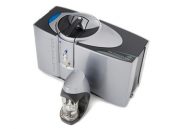

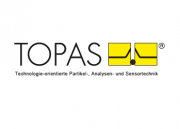
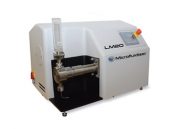
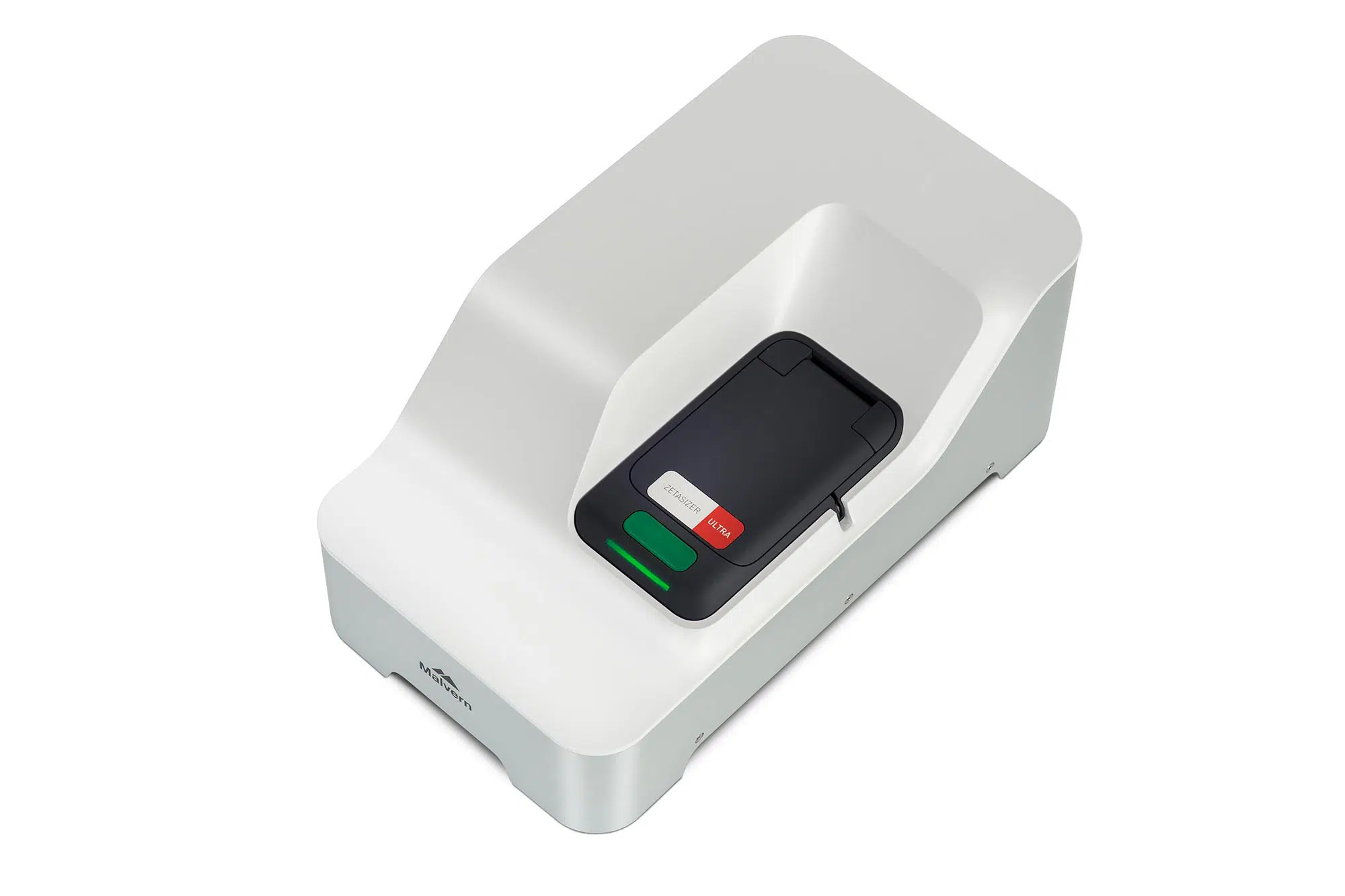
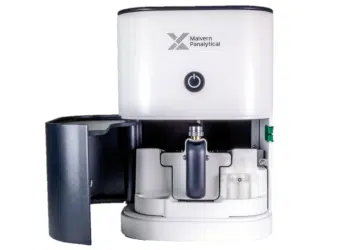



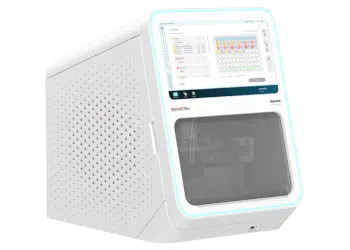
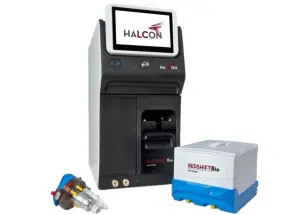
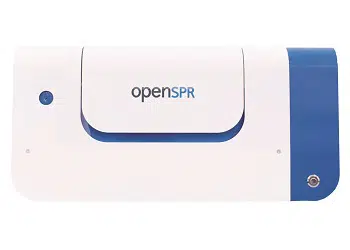
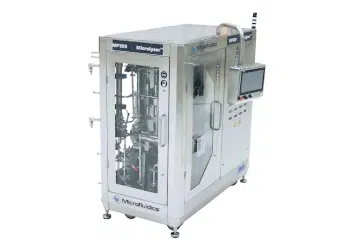
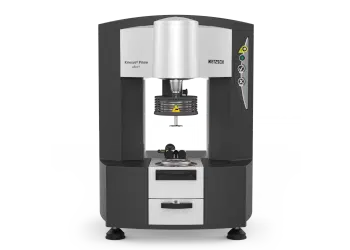
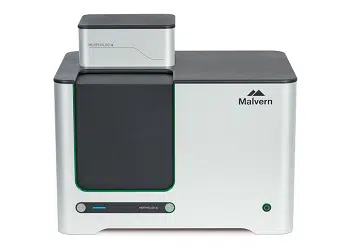
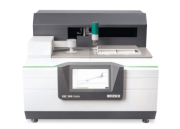






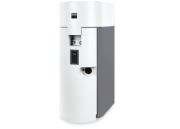


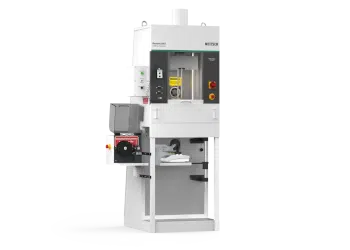
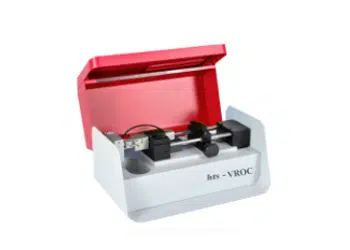


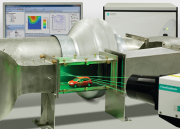
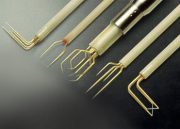
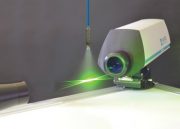
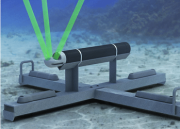
![[:de]kategorie_stroemung_staudruck[:en]kategorie_stroemung_staudruck2[:] [:de]kategorie_stroemung_staudruck[:en]kategorie_stroemung_staudruck2[:]](https://www.prager-elektronik.at/wp-content/uploads/2018/01/kategorie_stroemung_staudruck2-180x129.png)
